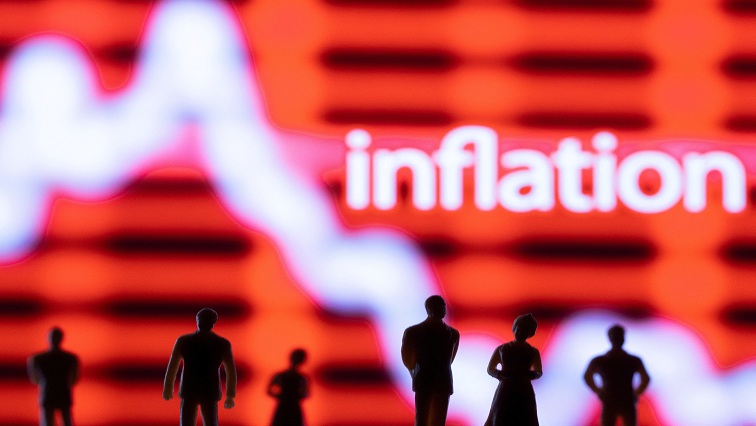South Africans commemorate Freedom Day on Thursday, remembering the country’s first democratic elections 29 years ago. The day comes as the citizens are grappling with the continuous increases in prices of goods and services.
The South African Reserve Bank, which is mandated by the Constitution to protect the value of the Rand, has been increasing the repurchasing rate in an effort to curb inflation.
Last month, the central bank increased the repo rate by 50 basis points to 7.75%. Reserve Bank Governor Lesetja Kganyago attributed the hike to the current inflation and the energy crisis in the country.
CPI increase
Statistics South Africa announced last week that the inflation rate had risen for the second month in a row. In March, the inflation rate increased from 7.0% in February to 6.9% in January.
Food and non-alcoholic beverages and transport were identified as the main drivers of the increases. Senior Economist at PWC South Africa Xhanti Payi says the rate also speaks to the conflict between Russia and Ukraine, the leading producers of wheat.
“We understand that bread is a by-product of wheat, we don’t really produce much wheat in the country so that has to do with the costs of receiving that wheat and transporting it. As we know also that big producers of that are Russia and Ukraine and there have been those problems that are faced by those two countries in terms of their stability and their ability to support, that has been a big thing,” Payi says.
Payi claims the producers have also been bearing the brunt of the increases.
“Many of the suppliers are also facing the same pressures we are facing in terms of prices, for a long time they have been holding back, many of them have probably been absorbing some of those costs but they are now facing a situation which they have no choice but to pass those on to the consumer.”
The prices of oil remain a concern:
SA greylisted
The Financial Action Task Force, the world’s money laundering and financing watchdog, greylisted South Africa in February. Chief Economist at Nedbank Nicky Weimar says this is one of the issues that may have contributed to interest rate hikes.
“The first thing we have been seeing is the federal reserve continuing to hike interest rates, despite the instability we may have been seeing in the US banking sector. The reality is that the margin between our interest and their interest rates is narrowing and that is really our compensation to investors for taking the risk, the higher risk of putting their money in South Africa. I think it has played a role in Rand’s weakness volatility on top, of course, the greylisting, load shedding issues and the very poor growth.”
More volatile economy
Making the repo rate announcement last month, Kganyago said inflation is expected to revert to the midpoint of the 3-6% target by the fourth quarter of 2024. Until then, South Africans will have to hang in there. He added that economic and financial conditions are expected to remain more volatile for the foreseeable future.






